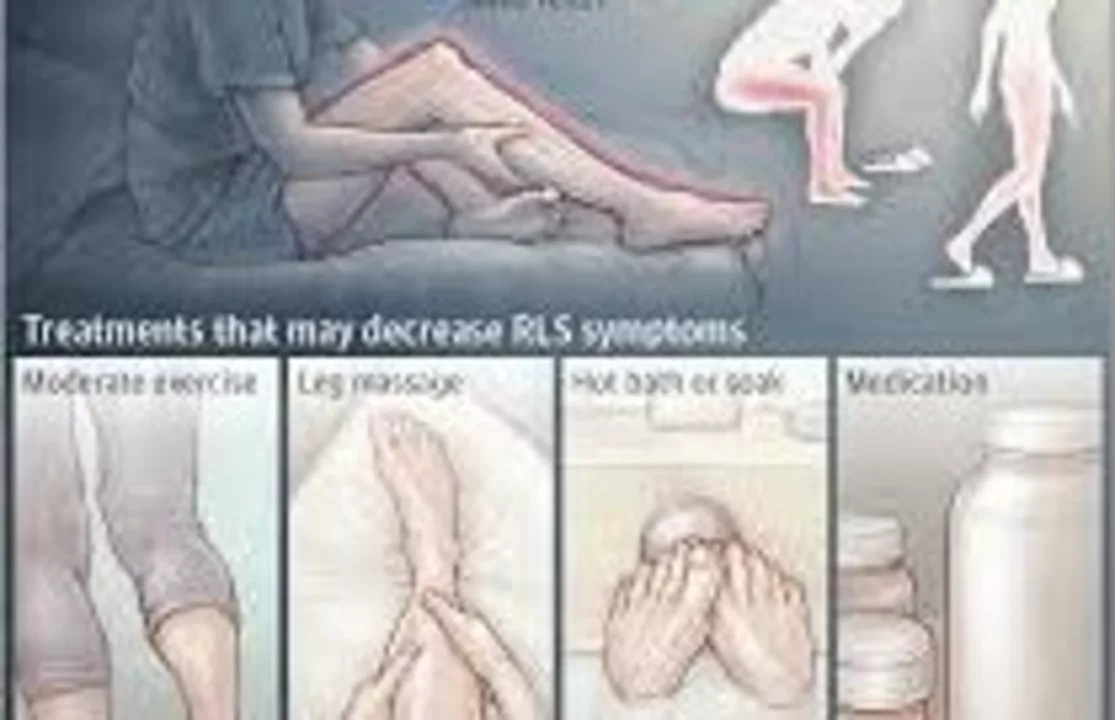Living With RLS: Simple Steps for Daily Relief
If you’ve been told you have restless legs syndrome (RLS), you know the urge to move your legs can ruin a quiet evening or a good night’s sleep. The good news is you don’t have to live at the mercy of those sensations. Small changes in your routine, diet, and mindset often make a big difference.
Simple Lifestyle Changes That Actually Work
First, think about when your symptoms flare up most – usually after dinner or right before bed. Try a short walk or gentle stretch during those moments; it can reset the nerve signals that trigger the urge to kick. A warm bath with Epsom salts also helps relax muscles and calm nerves.
Next, look at what you drink. Caffeine, nicotine, and alcohol are known RLS triggers. Cutting back on coffee after noon and swapping alcoholic drinks for water in the evening can reduce nighttime jerks. Hydration matters too – aim for 8 glasses a day to keep muscles hydrated without over‑loading your bladder.
Iron levels play a big role in RLS. If you’re not already testing, ask your doctor for a ferritin check. A simple iron supplement, taken with vitamin C for better absorption, can ease symptoms for many people.
When to Seek Professional Help
If lifestyle tweaks aren’t enough, it’s time to talk to a healthcare provider. Medications such as dopamine agonists or gabapentin are often prescribed when symptoms are severe. Your doctor will weigh benefits against side effects, so be honest about how the condition affects your work and sleep.
Keep a symptom journal for at least two weeks before your appointment. Note when the urge hits, what you ate, stress levels, and any meds you’re on. This record helps the clinician pinpoint triggers and choose the right treatment plan.
Finally, consider support groups or online forums dedicated to RLS. Hearing how others cope can give you fresh ideas – from specific yoga poses to apps that remind you to move during long sitting periods.
Living with RLS isn’t a sentence; it’s a puzzle you can solve piece by piece. By adjusting your habits, checking nutritional gaps, and staying in touch with your doctor, you’ll reclaim quiet evenings and restful nights.
